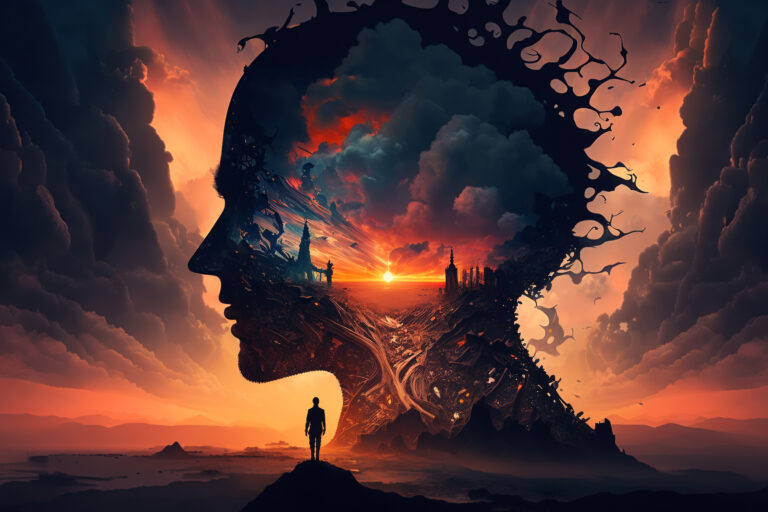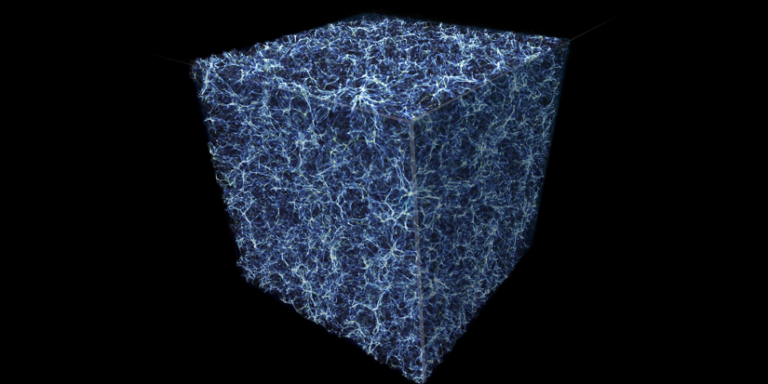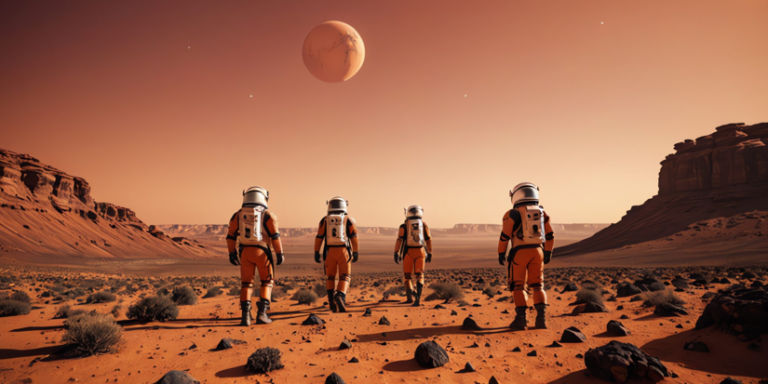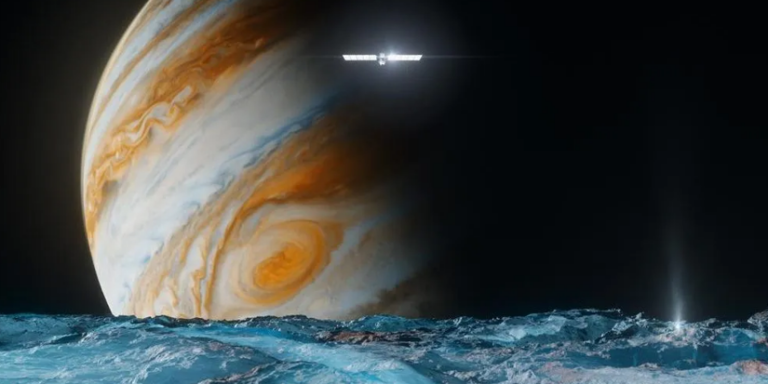
The human lifespan, typically under 100 years, is the result of a complex interplay between biological, evolutionary, and environmental factors. While some species on Earth have remarkably long lifespans, such as the giant tortoise that can live for over 100 years, humans have a relatively shorter lifespan for several reasons. So, why do we only live for 100 years?
Firstly, human evolution has favored a balance between reproduction and longevity. Evolution operates through natural selection, which emphasizes traits that increase an organism’s chances of survival and reproduction. Humans invest significant time and resources in raising their offspring, which limits the potential for a longer lifespan. In contrast, species with shorter periods of parental care may allocate more energy towards longevity.
Secondly, the aging process is intricately linked to the trade-off between investment in growth, reproduction, and maintenance. During early life stages, humans invest heavily in growth and development, but as they age, the focus shifts towards maintaining bodily functions. This reallocation of resources can lead to the gradual decline of cellular repair mechanisms and an increased vulnerability to diseases, contributing to the aging process.

What comes after AI? With advancements moving rapidly, we take a look at what’s beyond artificial intelligence
Thirdly, genetic factors play a crucial role in determining the maximum potential lifespan of an individual. Genes influence various aspects of aging, from cellular repair mechanisms to susceptibility to age-related diseases. While advancements in medicine and technology have extended the average human lifespan, they have not yet been able to significantly alter the fundamental genetic constraints on aging.
Fourthly, environmental factors also impact human lifespan. Access to nutrition, healthcare, clean water, and sanitation greatly influence mortality rates. Historically, harsh living conditions, limited medical knowledge, and disease prevalence all contributed to shorter lifespans. Although these factors have improved dramatically in many parts of the world, their historical impact on human evolution and lifespan lingers.
Lastly, the concept of lifespan is relative and shaped by the context of human existence. In the context of evolutionary time, the modern human lifespan is relatively long compared to our ancient ancestors. Human lifespans have significantly increased over the past few centuries due to advancements in medicine, sanitation, and technology. Despite these improvements, the elusive goal of extending human lifespan beyond the century mark remains a subject of ongoing scientific research and ethical consideration.
In conclusion, the human lifespan of under 100 years is a result of a complex interplay between evolutionary pressures, genetic factors, resource allocation, and environmental conditions. While other species exhibit longer lifespans, humans have evolved a balance between reproduction and longevity, with trade-offs influenced by genetics and the aging process. Advances in healthcare and living conditions have extended human lifespans, but the underlying factors shaping our limited duration continue to be a subject of scientific inquiry and societal reflection.






